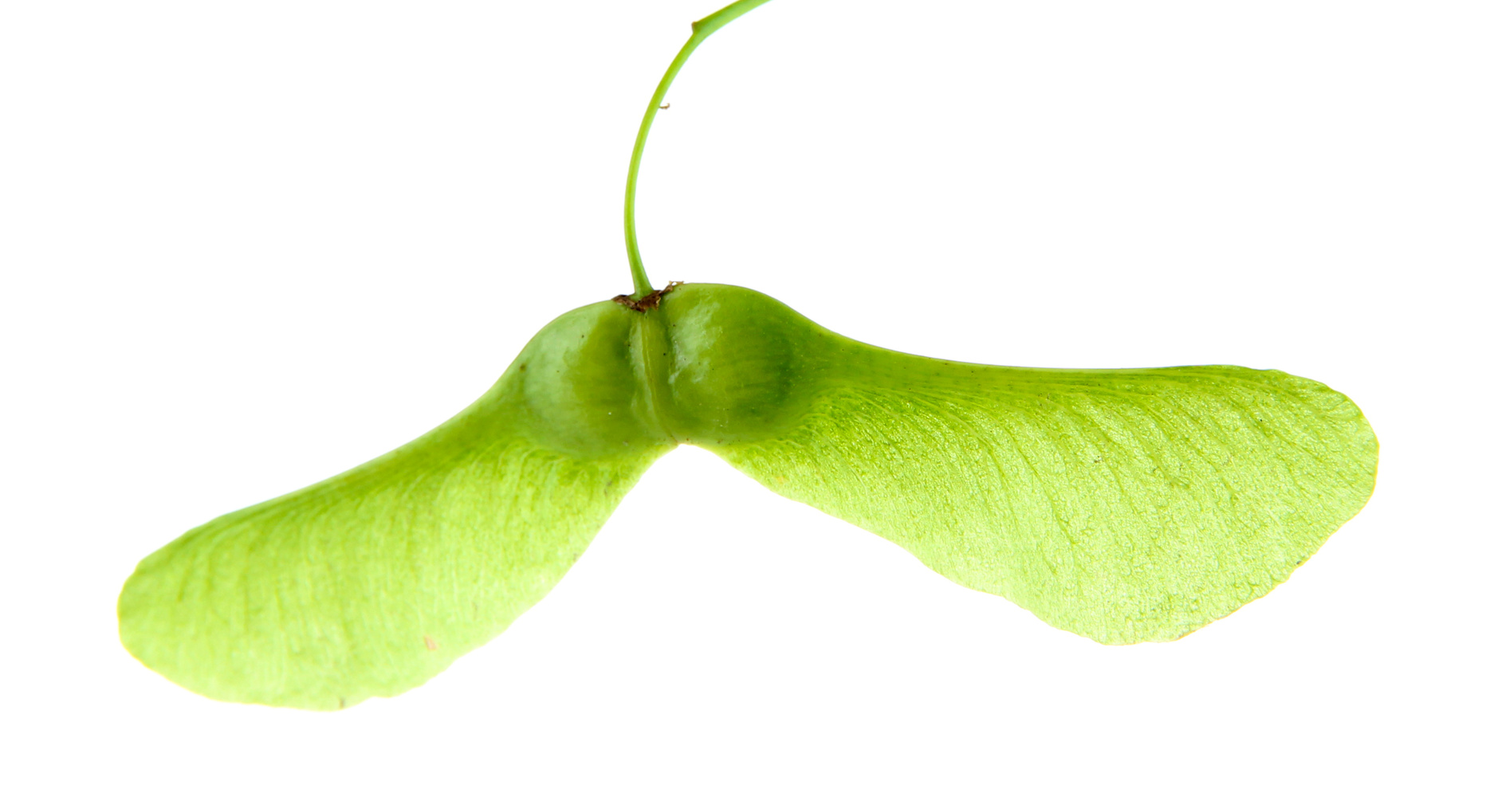When I was probably ten years old, I saved a young maple tree in my back yard. Possibly growing nature’s way, from a scattered seed rather than a planted bucket, the tree was tall and spindly. When we’d moved into the house it was shorter than seven year old me, but it quickly caught up and overtook every member of our family. It was about ten feet tall when my father decided to cut it down – it was smack in the middle of our yard, and we had several trees already. Slicing through the two-inch diameter trunk would have been easy for any of the saws kept in our garage, but I’d grown attached to that tree. I begged for it’s life, and my wish was granted.
The yard now gets almost no sun at all, instead of a little bit of sun in the afternoon.
As part of my research for my critical thesis at Spalding, I wrote and conducted a survey of children ages 4-18 that I called “Environmental Reading Habits.” The questions were simple enough, most of them multiple choice and having little to do with the environment. But the last question – “List some nonfiction or fiction books you’ve read that touch on environmental topics” – was the most interesting to me.
Many answers included The Lorax, Magic School Bus Books, Eye Witness, and National Geographic. Quite a few said “none,” “n/a,” “I don’t think I have ever read a book like that.” But one answer caught me off guard. Rather than simply saying “none,” one participant wrote, “No, I am not an environmentalist.” I got stuck on this and couldn’t stop thinking about it. Unlike the kids who were answering my questions, I could list a few dozen books that dealt explicitly with conservation or environmentalism. Did that make me an environmentalist? I had never thought of myself as one before. Was every kid who listed Hoot an environmentalist? It was an interesting question that I couldn’t get out of my head.
Something about that tiny maple tree in my yard inspired me to want to keep it there. I don’t think I knew that the tree would provide more oxygen to our yard, or that songbirds would make homes in its branches, or that squirrels would leap through its leaves. But I could remember when the tree was smaller than I was, and that made me feel protective of it. I think that’s how environmentalism really should be. The world might be older than we are, but we are stronger than its individual parts. It is fragile and struggling to hold on, and more than our lists of facts on its (many) benefits, it simply needs our protection.
So I think my answer is no. I am not an environmentalist. I am not, by training or trade, a scientist, an activist, or a crusader for the earth. What I am is someone who loves the earth and wants to protect it, just like that tiny maple tree.
Maybe that’s a problem. Maybe people can’t tell the difference between these two things, and if they aren’t an environmentalist they don’t believe they can do anything to make a difference.
If you think that, I’m sorry, but you are so wrong.
Start recycling. Grow some food. Use Energy Star when you replace things. Buy things second hand, or know where they come from when you buy new things. Stop making the world that we all live on a party issue and going against it simply because you’ve been told it’s “liberal.”
Plant a tree.
Or protect the one that’s already there, planted by the wind.
Photo used under Creative Commons License from The Value Web.


